The Australian Veterinary Association (AVA) is asking owners to make sure their dogs are up-to-date with their vaccinations with a high risk of exposure to parvovirus in Australia at this time of year.
AVA President, Dr Paula Parker said that many pets’ lives are unnecessarily put at risk because they haven’t had the vaccinations they need to protect themselves from parvovirus.
Puppies and adolescent dogs are at most risk of parvovirus. Rottweilers, Dobermans, Labrador Retrievers, American Staffordshire terriers and German Shepherds are at a higher risk.
“Young puppies and dogs that have never been vaccinated are susceptible to the virus with death in a high proportion of cases,” she said.
Commonly known as parvo, the disease is not new to Australia. Outbreaks of parvovirus in Australia continue to occur around the nation with several hot spots located in several states.
“Canine parvo is a disease that we have really good vaccines for. Unfortunately, vaccination is not happening with the right puppies in the right place at the right time.
“All puppies from six weeks of age should be vaccinated against parvovirus and other canine diseases. Follow-up vaccinations are also required, and your local veterinarians can advise on the best type of protection for your area. If you are unsure of your pet’s vaccination status you should also contact your veterinarian for advice,” Dr Parker said.
Parvovirus is highly contagious and is spread by oral or nasal contact with contaminated faeces, a contaminated environment or through contaminated objects.
Parvovirus in Australia hot spots to watch out for
According to a recent survey conducted by the University of Sydney, the top hotspots include:
- Inverell (NSW),
- Broome (WA),
- Wagga Wagga (NSW),
- Kalgoorlie (WA),
- Tamworth (NSW),
- Midland (WA),
- Mount Isa (QLD),
- Dubbo (NSW),
- Mackay (QLD),
- North Darwin (NT).
However, the risk of parvovirus extends to all states and territories!
“If your dog is unvaccinated and shows signs of lethargy, vomiting or diarrhoea, it’s important for your dog to receive veterinary attention immediately. Early treatment is essential in improving the chance of survival,“ Dr Parker said.
More about viral diseases in dogs.







